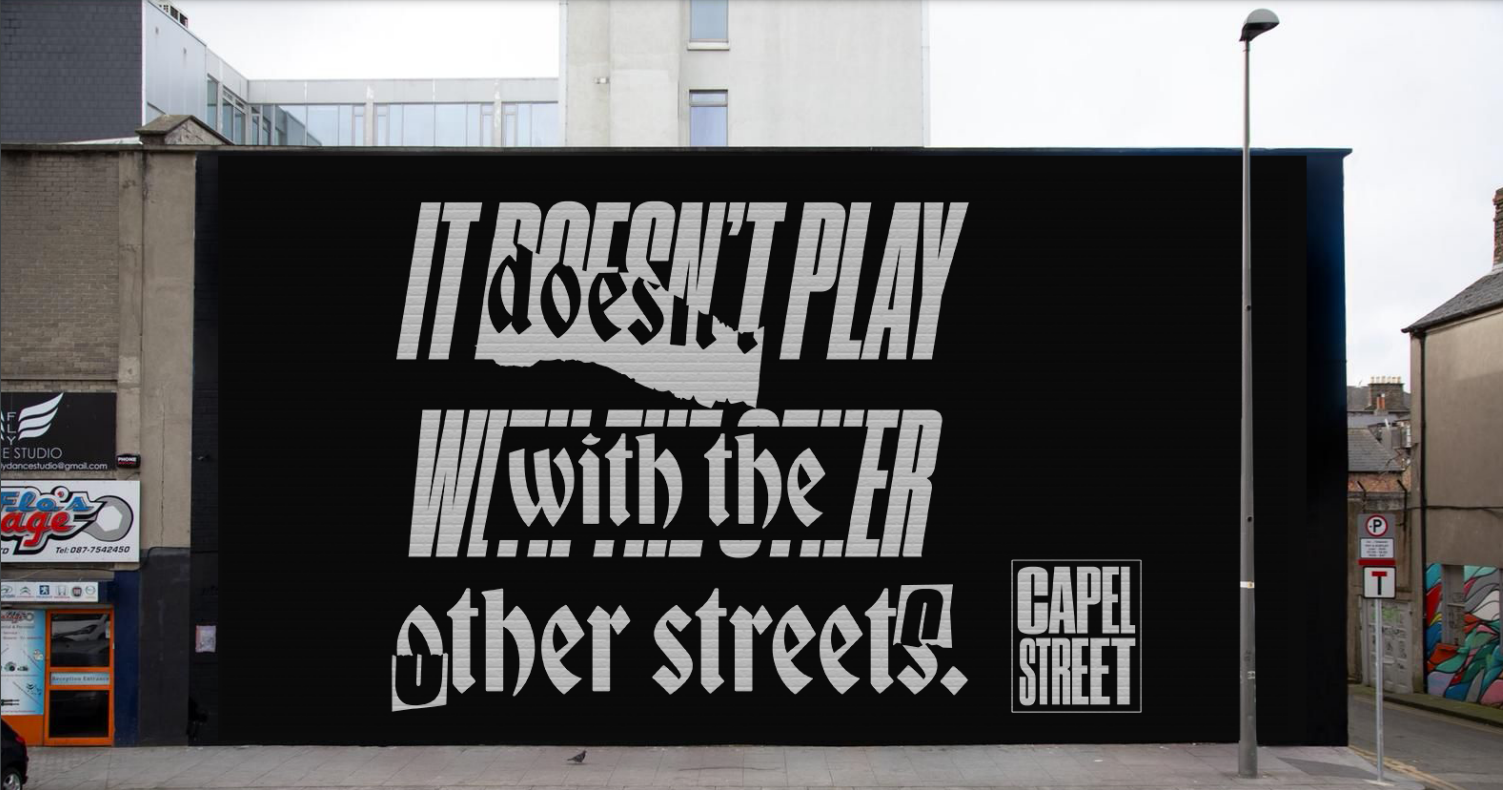
CFA Electives at NCAD 2025

31 Jan 2025
-
30 May 2025
Apply By
31 Aug 2025
Apply To
NCAD
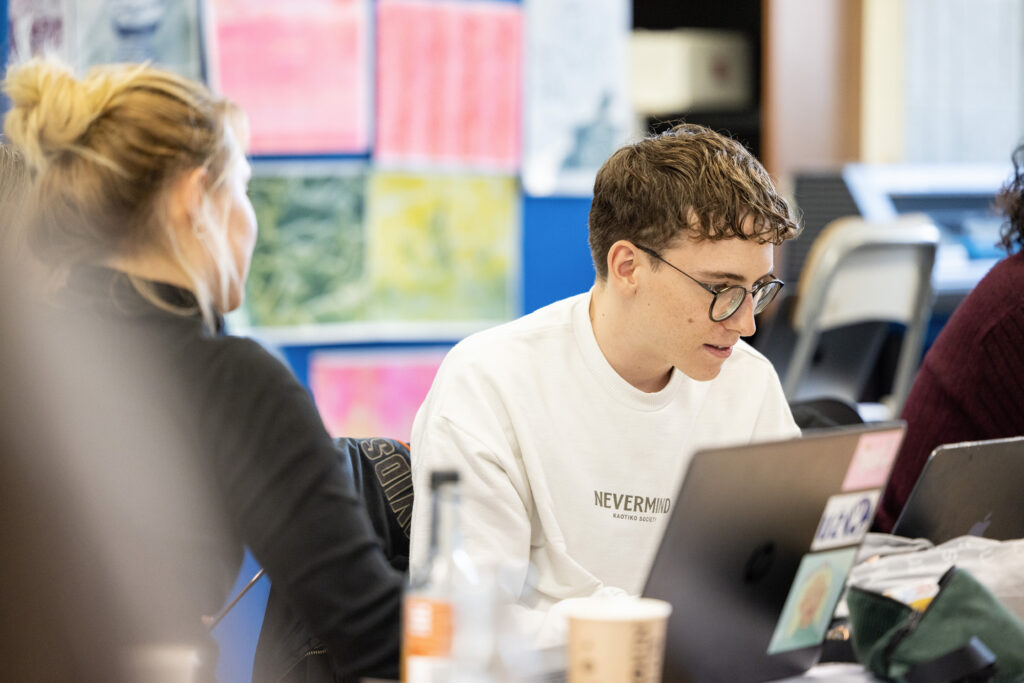

31 Aug 2025
NCAD

Through CFA, NCAD has revised its Studio+ modules and introduced a suite of new trans-disciplinary Creative Futures electives within the BA Studio+ provision. The electives are designed for blended and/or online delivery to enhance existing on-campus learning. Alongside this, we have introduced enhanced Creative Internship modules to enable full and part time internships within the creative arts and industries, and new modules that facilitate collaboration with social and industry partners on live projects. A selection of electives that are currently happening in NCAD are below.
Please note: These electives are only open to current NCAD students.
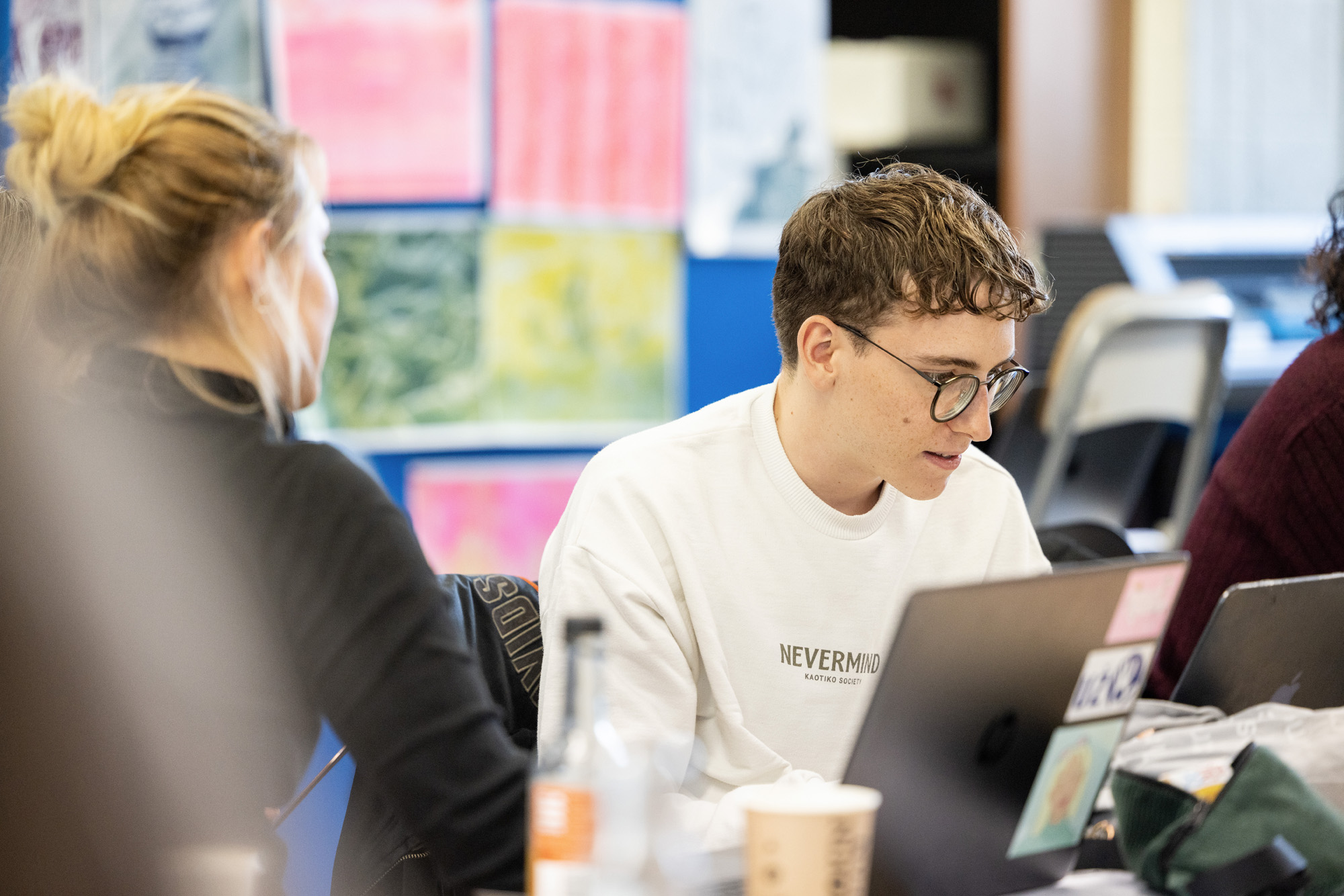
This module will use a mixture of history, theory and practice to explore the potential of networks for creative practitioners. Lecture Seminars will explore the past, present and future of the internet. The internet as we know it today is dominated by big corporations but does it really have to be this way? Whereas the officially sanctioned history of the internet channels a course from ARPANET to the World Wide Web, there is a lot to be gained by embracing the heterogeneity of other forgotten, neglected or suppressed networks. Together we will challenge the technical history of the internet, excavate a social history of the internet, uncover artistic experiments with networks before and after the internet, and speculate on networked futures. The Seminar learning will be aided by small chunks of technical learning. Using beginner-friendly chunks of technical learning we will look at the web from a simple technical perspective starting with an introduction to basic html (hypertext markup language) and moving to p5.js. HTML is still the skeleton which holds much of the content delivered across many of the web-based platforms we use every day. The module will culminate in a period of supported self-directed learning.
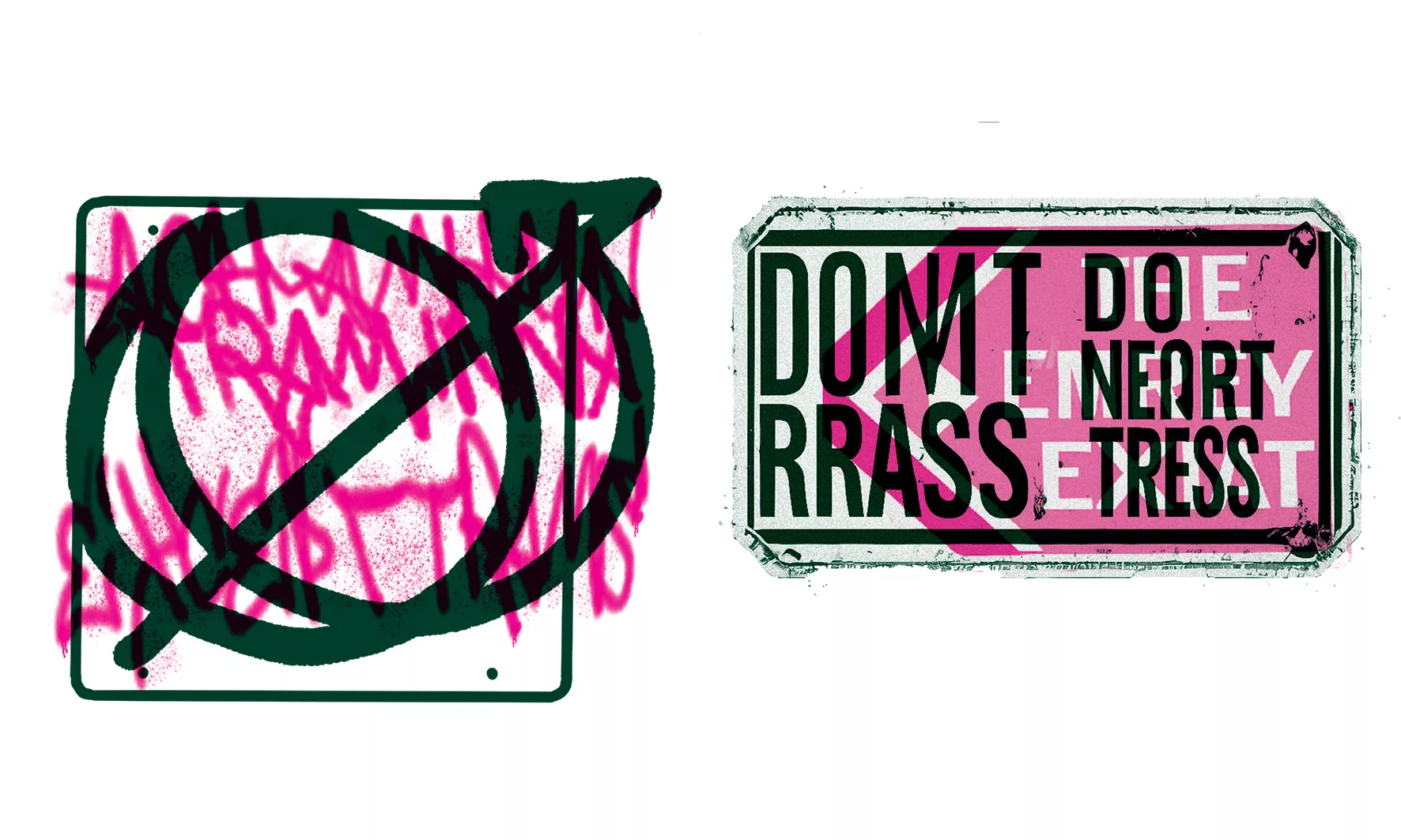
Language has a visible and physical presence in the world we inhabit: official signs tell us when we’ve crossed borders, shopfronts and graffiti tell us when we’ve crossed districts. In a contemporary city we might find ourselves surrounded by languages we don’t understand, or walls saturated in graffitied lettering that we cannot read. This elective will investigate how history, politics and identity manifest as visual language in our environment. We will pick a location to research, and draw on sociolinguistic and semiotic theory to inform creative responses to our findings. As a group, we will then create a document as a record of our research and experimentation.
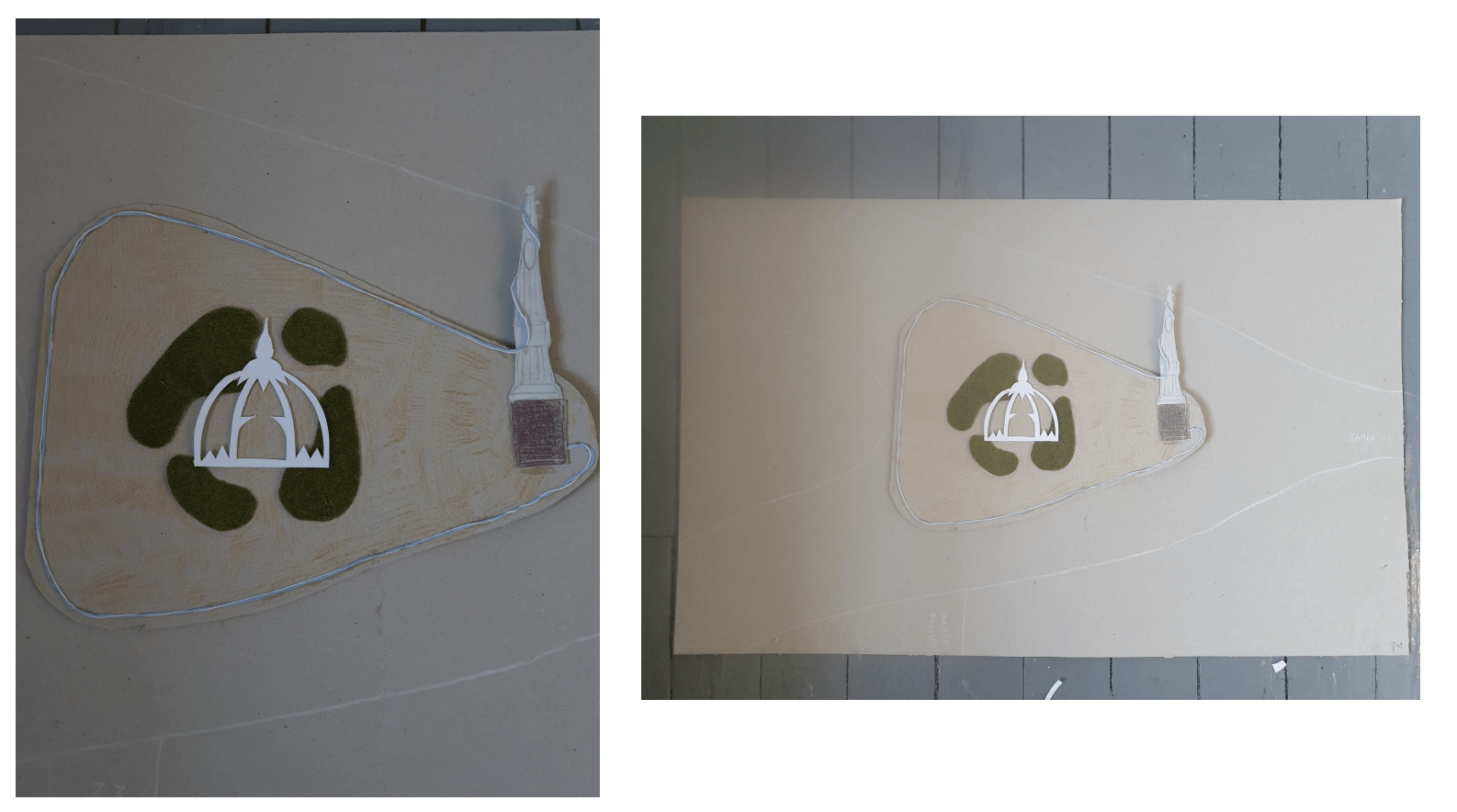
In this elective, you will examine the implications of technological assimilation of text and strategies of adapting language to reflect contemporary cultural landscapes with its inherent emphasis on speed and brevity. The course will look at methods of utilising fragmented narratives appropriated from literary sources as a format. Content will include an exploration of Ekphrasticism – the interchange between the visual and written. Topics will include a discussion of album and book covers, the relevance of memes, emojis, blended-form short stories, advertising logos, fragments of scientific text etc. A new formatting of artist’s or designer’s statements and pivotal texts which reflect a visual medium will be central to the course.
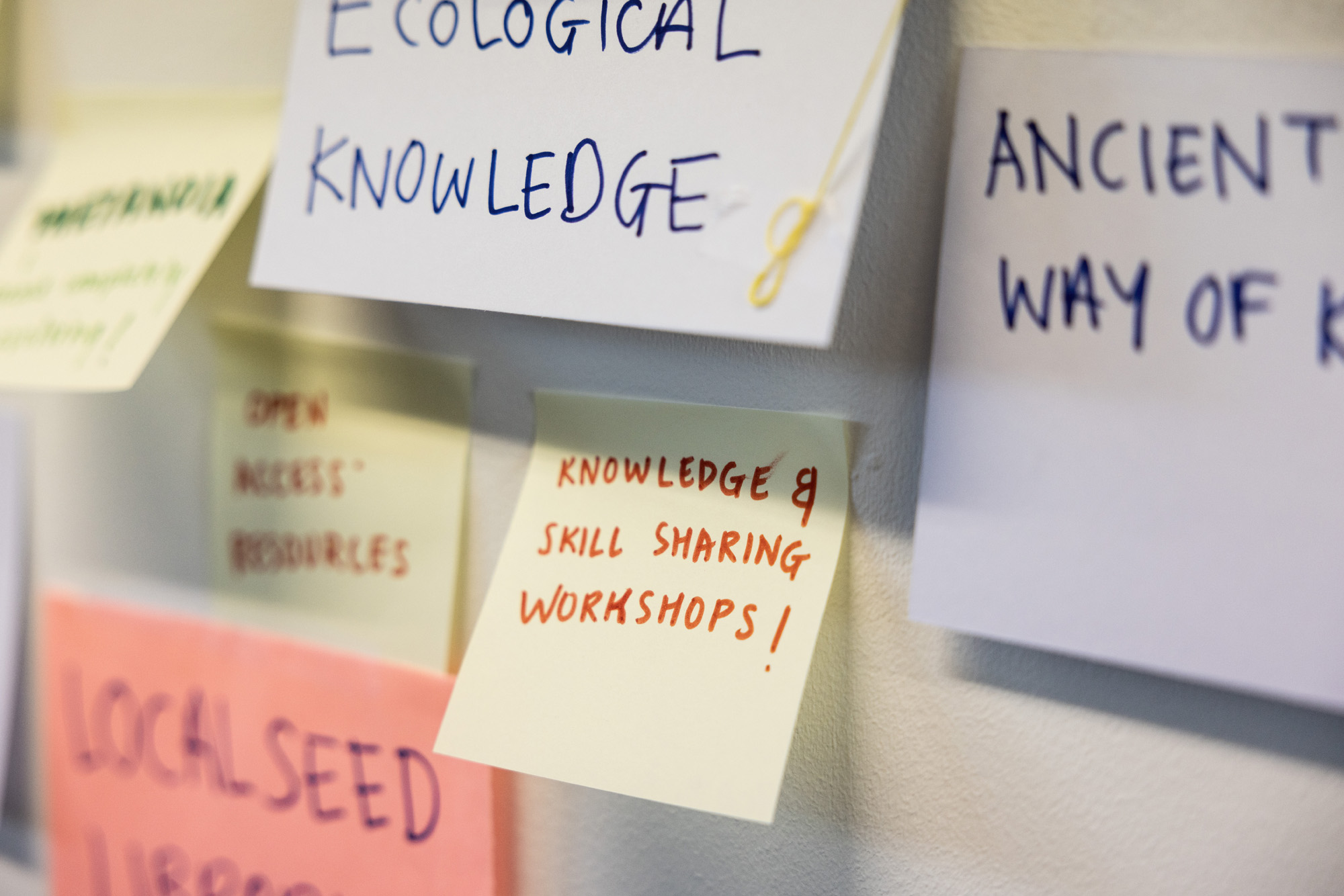
This course introduces a range of adaptable tools designed to support the transformation of a creative practice into an enterprise. Participants will engage with foundational concepts, including defining a creative enterprise, developing effective language for messaging, and enhancing confidence and skills in business pitching.
The programme also features guest lectures by industry professionals and field visits to provide practical insights. Participants will use their personal creative practice and process to inform a business proposition and concept.
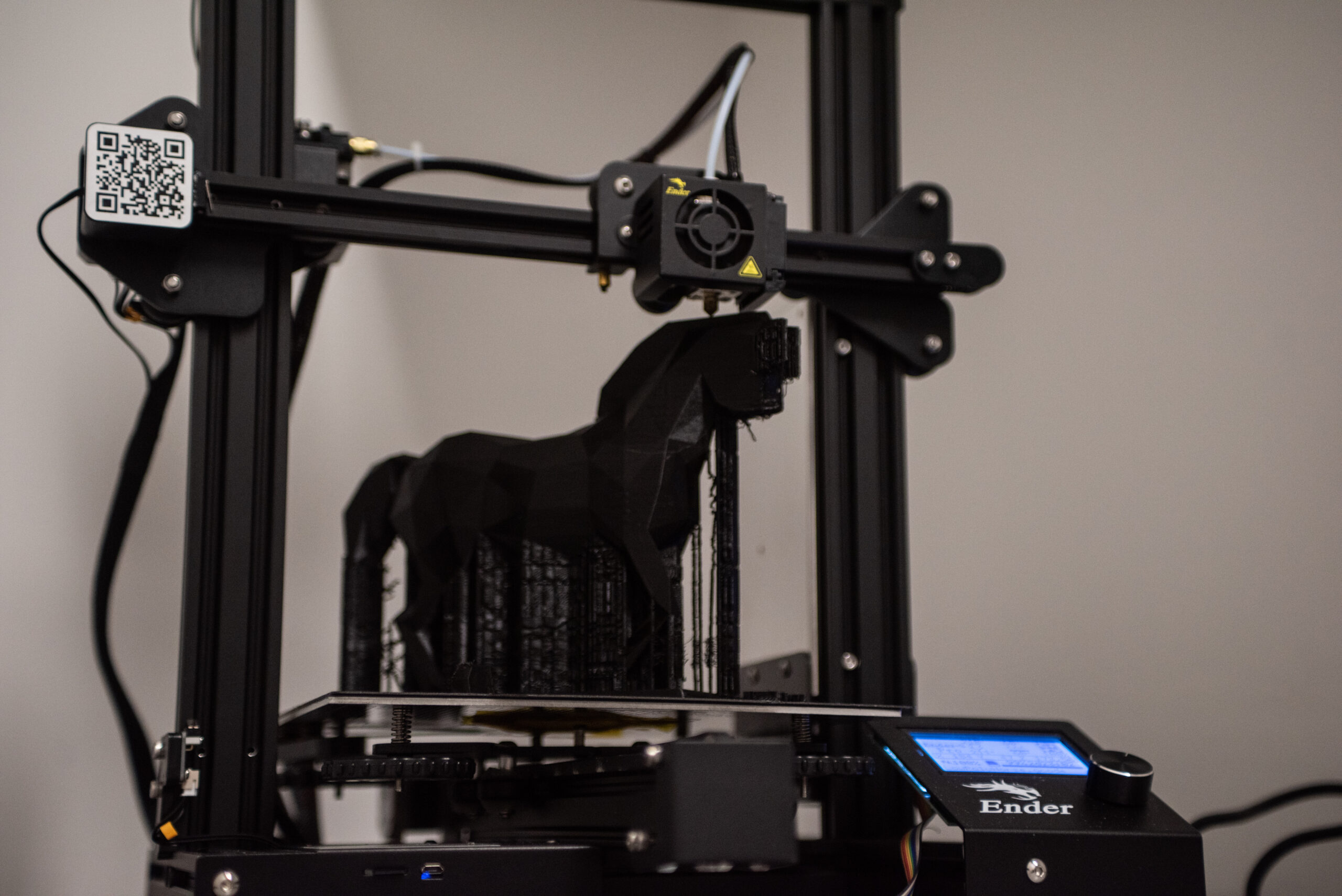
Through a series of practice-based workshops and lectures, you will have the opportunity to individually and collectively find new possibilities for digital applications. A wide range of digital techniques will be explored that draw on the inherent qualities of the making process to support contemporary creative practice.
The module is designed as a series of digital-making activities. Each of these activities is directed towards one or more specialist digital tools. Some of these activities are to be undertaken individually, some collaboratively in small or large groups, and some by a combination of these.
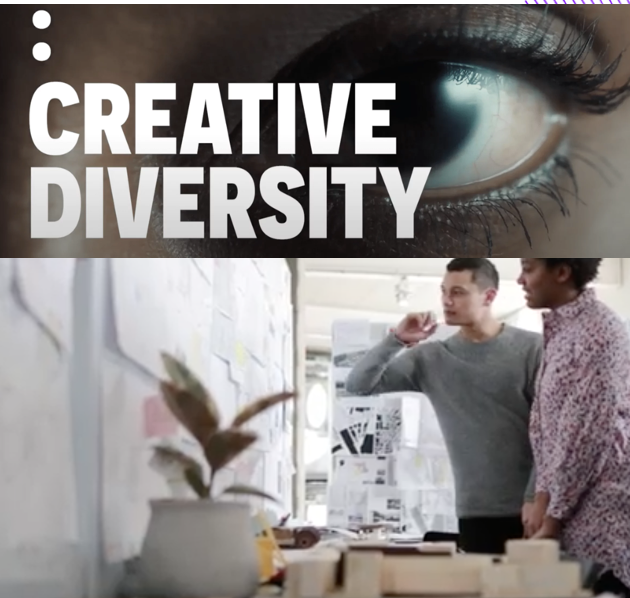
This course looks to equip learners with an awareness of the issues surrounding designing diversity and equality, such as the need to decolonise the discipline, while also providing the tools, methods and platforms to enact personal change.
Art and Design have far-reaching capacities for generating shared language and connecting people and communities. Today we see those forms resonate more than ever before in the multilingual, culturally heterogeneous, digitally interconnected spaces around the globe.
Students will gain an understanding of race, racism and stereotyping and how it manifested in graphic design. Students will look at decolonising art; what it means and also the steps needed to create change.
The course aims to foster a culture of inclusion that welcomes difference, promotes agency and facilitates shared voices, within an expansive spectrum of creative cultures, practices, and competencies.